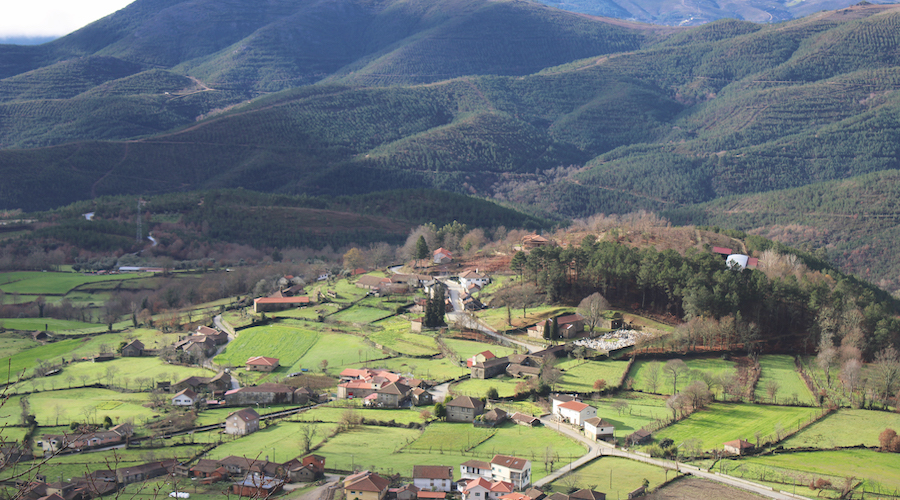Savannah could request compulsory land acquisitions for Portuguese lithium project

London-based Savannah Resources will if necessary ask Portugal’s government to authorize compulsory land acquisitions for its planned lithium mines in the country’s north, CEO Emanuel Proenca said, adding that it prefers “friendly deals”.
The company requires around 840 hectares for its four-mine project in the Barroso region, but according to data from September 2023, it had acquired or was in process of acquiring just 93 hectares.
Savannah has faced strong opposition to the project from local residents and environmentalists, via protests, legal challenges or simply by refusals to sell land. Private owners hold around 24% of the land needed, while 75% is traditional “baldios”, or common land.
Proenca told an investor presentation on Wednesday that Savannah has so far acquired over 100 plots, though it is not clear how many hectares that represents.
The CEO said Portuguese legislation allowed for other solutions in terms of “land access and compulsory land acquisition”.
“We are obviously aware of those solutions and there will eventually be a moment in which we will resort to them… that moment hasn’t come yet so we continue to privilege friendly acquisitions and friendly deals,” Proenca said, adding that the relationship with the local community was improving.
The company wants to start production in 2026, extracting enough lithium each year for around half a million batteries used in electric vehicles.
The government could authorize a compulsory purchase in the public interest.
With 60,000 metric tons of known reserves, Portugal is already Europe’s biggest producer of lithium for the ceramics industry. The region of Barroso – a Food and Agriculture Organization heritage site – contains one of its richest deposits of lithium.
Proenca said the land the company needed was mostly “industrial pine tree forest”, adding: “We are not affecting a single house, we do not have to relocate a single person.”
In February, prosecutors asked a judge to annul an environmental permit for the project, alleging legal infringements and citing risks that the mine could endanger the heritage site.
Savannah at the time cited advice from its lawyers “that the lawsuit is without foundation” and expected no impact on its activities.
(By Catarina Demony and Pietro Lombardi; Editing by Andrei Khalip and Jan Harvey)
More News
{{ commodity.name }}
{{ post.title }}
{{ post.date }}




Comments